Salma Chaieb
Obsolete Personal Information Update System for the Prevention of Falls among Elderly Patients
Jan 20, 2021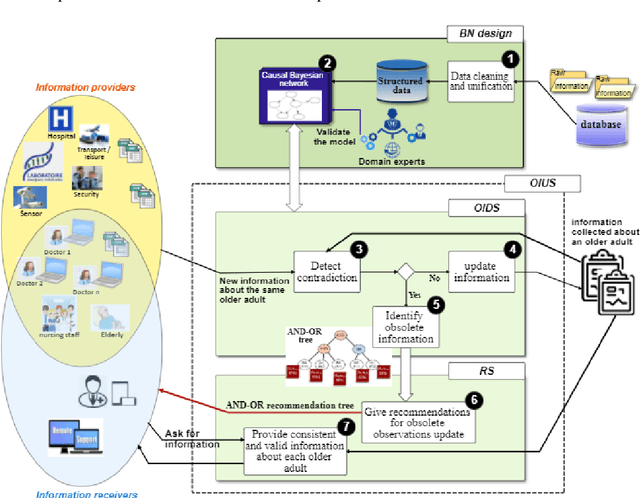
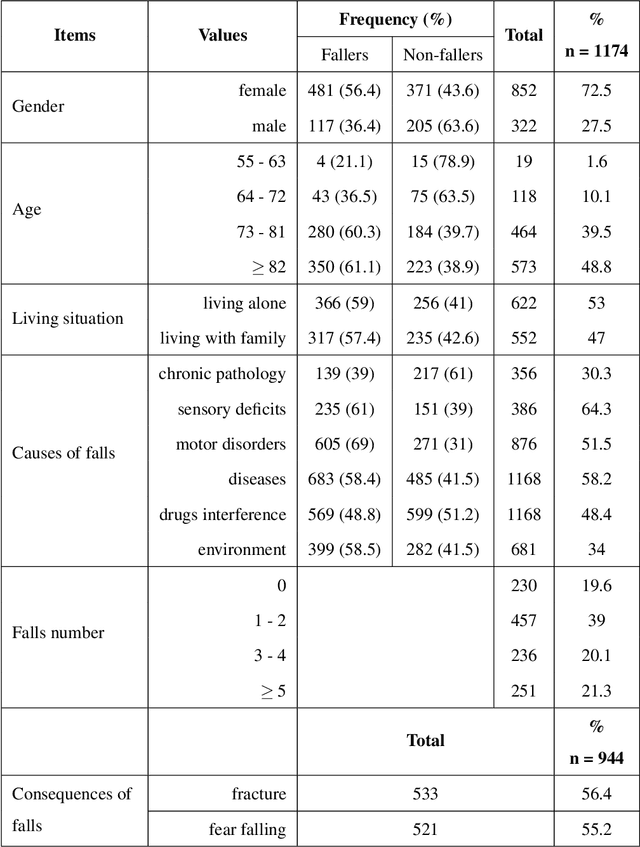
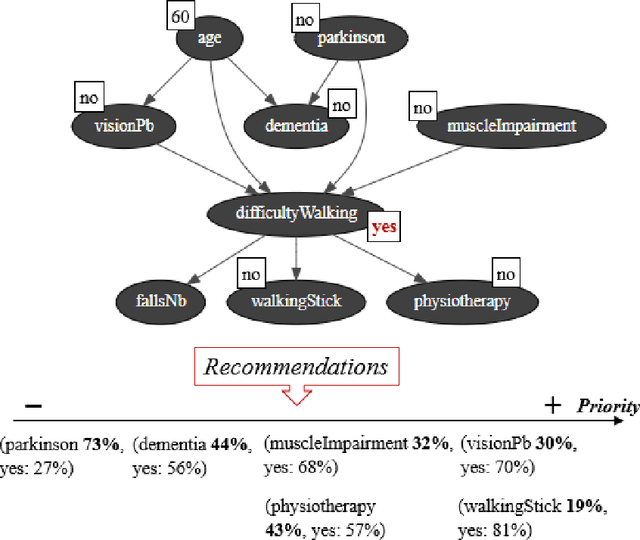

Abstract:Falls are a common problem affecting the older adults and a major public health issue. Centers for Disease Control and Prevention, and World Health Organization report that one in three adults over the age of 65 and half of the adults over 80 fall each year. In recent years, an ever-increasing range of applications have been developed to help deliver more effective falls prevention interventions. All these applications rely on a huge elderly personal database collected from hospitals, mutual health, and other organizations in caring for elderly. The information describing an elderly is continually evolving and may become obsolete at a given moment and contradict what we already know on the same person. So, it needs to be continuously checked and updated in order to restore the database consistency and then provide better service. This paper provides an outline of an Obsolete personal Information Update System (OIUS) designed in the context of the elderly-fall prevention project. Our OIUS aims to control and update in real-time the information acquired about each older adult, provide on-demand consistent information and supply tailored interventions to caregivers and fall-risk patients. The approach outlined for this purpose is based on a polynomial-time algorithm build on top of a causal Bayesian network representing the elderly data. The result is given as a recommendation tree with some accuracy level. We conduct a thorough empirical study for such a model on an elderly personal information base. Experiments confirm the viability and effectiveness of our OIUS.
Data Obsolescence Detection in the Light of Newly Acquired Valid Observations
Jan 18, 2021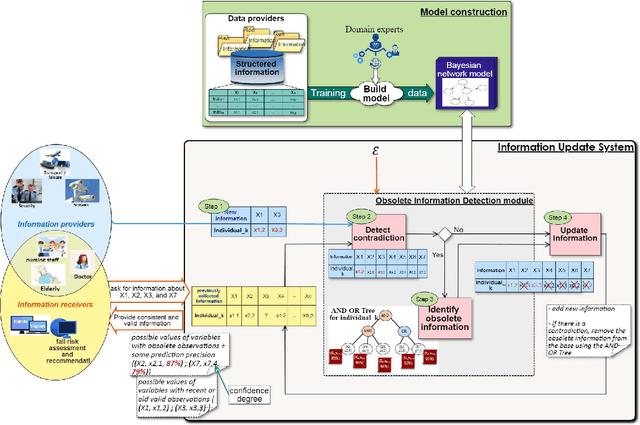
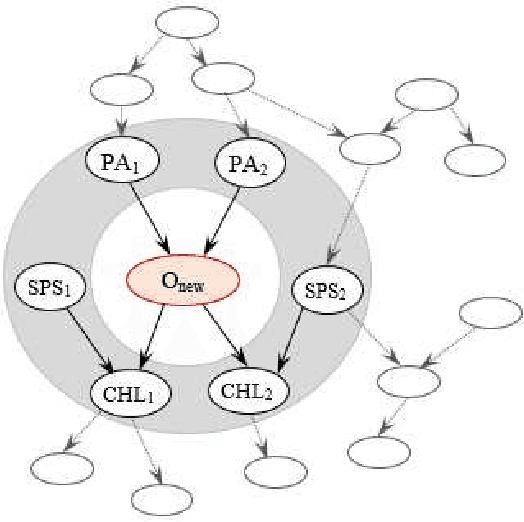
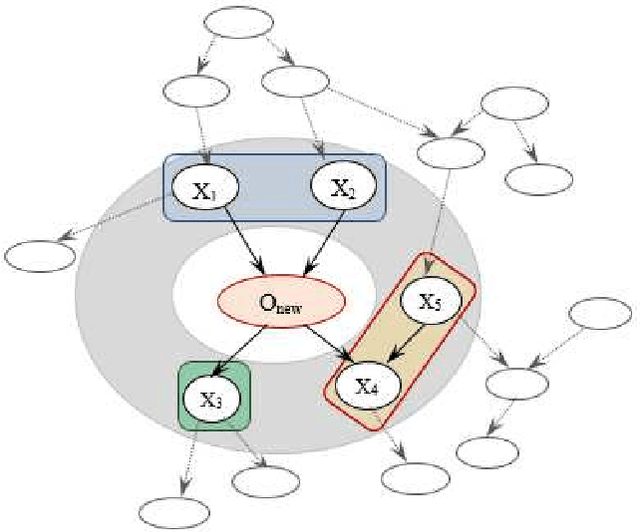
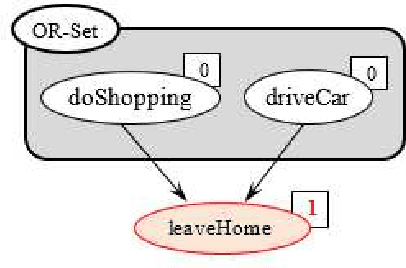
Abstract:The information describing the conditions of a system or a person is constantly evolving and may become obsolete and contradict other information. A database, therefore, must be consistently updated upon the acquisition of new valid observations that contradict obsolete ones contained in the database. In this paper, we propose a novel approach for dealing with the information obsolescence problem. Our approach aims to detect, in real-time, contradictions between observations and then identify the obsolete ones, given a representation model. Since we work within an uncertain environment characterized by the lack of information, we choose to use a Bayesian network as our representation model and propose a new approximate concept, $\epsilon$-Contradiction. The new concept is parameterised by a confidence level of having a contradiction in a set of observations. We propose a polynomial-time algorithm for detecting obsolete information. We show that the resulting obsolete information is better represented by an AND-OR tree than a simple set of observations. Finally, we demonstrate the effectiveness of our approach on a real elderly fall-prevention database and showcase how this tree can be used to give reliable recommendations to doctors. Our experiments give systematically and substantially very good results.
 Add to Chrome
Add to Chrome Add to Firefox
Add to Firefox Add to Edge
Add to Edge